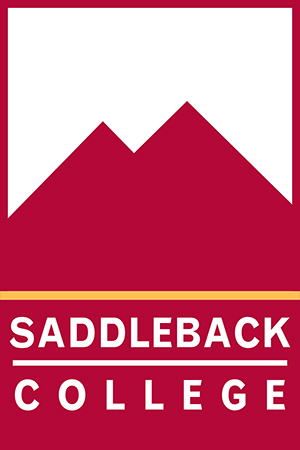Adam Shevel – The Knotstop
Massage therapy and stress management
Everyday it seems a new study is reported in the press or medical journals relating stress to one disease or another. Some physicians suggest that stress may be responsible for 80% of all diseases in the Western world including skin diseases (e.g., psoriasis and eczema), headaches and migraine, digestive disorders, high blood pressure and heart-related diseases, as well as back-ache and muscle pain, poor eyesight and depression.
As the world in which we live becomes increasingly stressful both physically and emotionally we are left with two choices; either we avoid stress, or we learn how to deal with it effectively. It is, of course, impossible to avoid stress, and therefore the only real solution is to find ways to manage the stresses and strains we encounter each day. One way is the use of massage therapy
Massage is one of the oldest known and practiced healing techniques on the planet. Texts date back to 3,000 BC with reference to massage in China. It is more than a nice “luxury”, and Americans are beginning to realize what European and Asian cultures have for decades – that massage is an effective component of a healthy lifestyle. It is the reason why massage therapy is recognized and included in these countries’ medical systems.
Massaging the skin, the body’s largest organ, sets up a chain reaction that produces a positive effect on all layers and systems of the body. It affects the nerves, muscles, glands, and circulation, and is very effective for relieving back, neck and muscular pain. However, one of the most effective uses for massage is for stress relief and anxiety. Massage reacts directly on the body’s central nervous system which is why people feel so relaxed and calm after a massage. There are numerous research studies demonstrating the beneficial effects of massage in relation to the physiological and psycho-neurological aspects of stress.
One study at the University of Miami School of Medicine, Florida showed a 50% decrease in anxiety, and cortisol (stress hormone) levels in subjects who received regular massage. Another surprising effect of massage therapy that has been observed again and again in research is an increase in job performance and mental alertness. Like exercise, massage reduces fatigue, and increases mental clarity.
When should you NOT get a massage?
o Pregnant (During 1st Trimester ONLY) – Excellent & very beneficial thereafter.
o After, or during alcohol consumption
o Sick or on certain medications (Vicadin, Strong blood thinners etc.)
o Directly after an injury, surgery or car accident
If you have never had a massage before, it is suggested that you start with a Swedish or “Circulatory” massage which is a more relaxing, lighter touch massage designed to promote relaxation and tension relief.
Truly, massage is more than a luxury–it can be a strong ally in our self-care and feeling better that has a positive ripple effect on how we work, play, and care for others.
Adam Shevel is owner of The Knotstop in Aliso Viejo at 949 421-5668


















